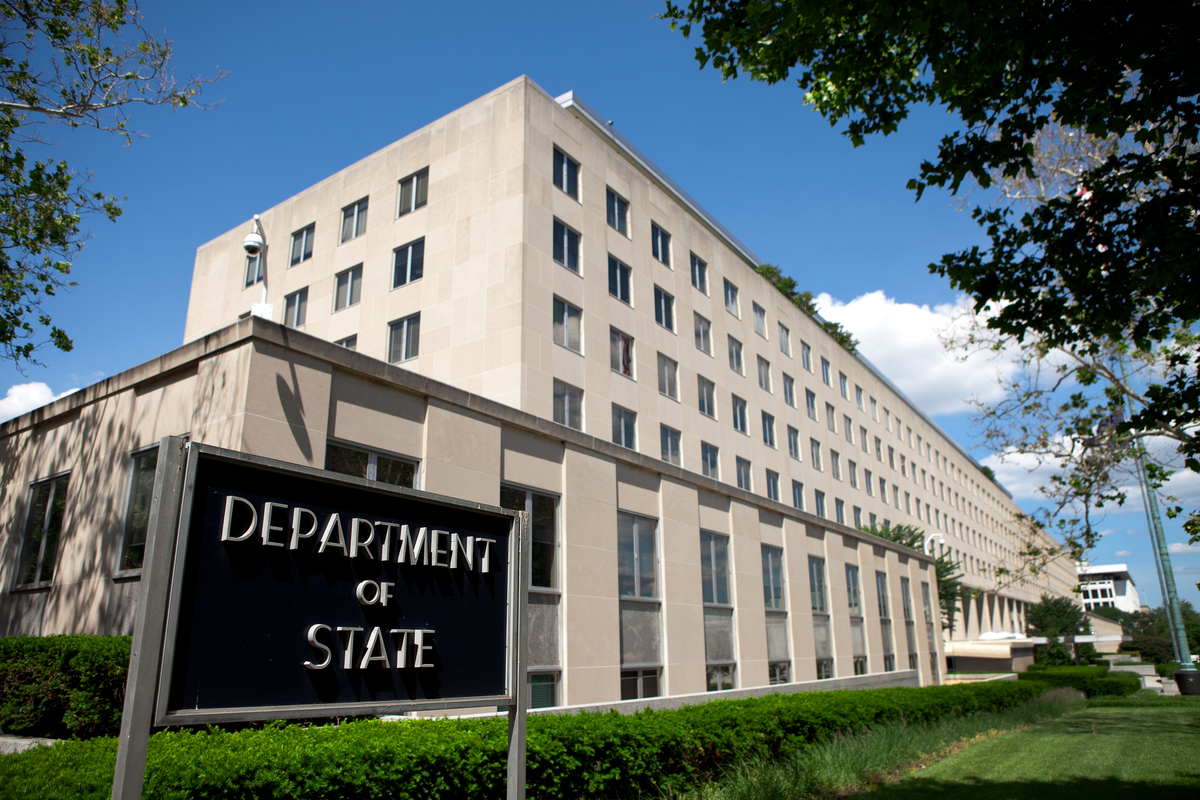As noted previously, the demand for EB-5 visa numbers and the volume of approved I-526 petitions has caused the Department of State to issue a preliminary warning that the EB-5 visa category may retrogress for China. No other country in the EB-5 category will be impacted. If the EB-5 category retrogresses, it will not take effect until sometime after July 2014. EB-5 retrogression will only affect those born in mainland China, and does not apply to those born in Hong Kong, Macau or Taiwan.
The Department of State had previously predicted EB-5 retrogression in December 2012, but then reversed itself by February of the following year. Additionally, new EB-5 visas become available on the first day of the next fiscal year, October 1, 2014. Therefore, the long processing times for I-526 petitions could push the demand for EB-5 visas into the next fiscal year. The slow processing of I-526 petition times has also made it difficult for the Department of State to predict whether retrogression will occur.
However, if USCIS reduces the processing times for I-526 petitions, the possibility of EB-5 visa retrogression will increase. It is important to remember that EB-5 visa retrogression will have no effect on the processing of I-526 petitions by USCIS. If retrogression occurs, it will delay individuals with approved I-526 petitions from obtaining a visa, which in turn will delay individuals from entering the United States. In a regional center context, this may affect the way jobs are allocated to EB-5 investors. EB-5 visa retrogression may also affect regional center projects that involve loans which cannot be paid off until all EB-5 investors in a project have their I-829 petition adjudicated. Additionally, new commercial enterprises that have clauses in their operating, partnership or limited liability company agreements which prevent distributions from occurring until all investors have their I-829 petitions adjudicated will be impacted.
This also creates an issue for investors with unmarried children who are close to turning 21. Under the Child Status Protect Act, the time an I-526 petition is pending can be subtracted from a child’s age when determining whether they are eligible for conditional permanent residency (when they are applying at a U.S. embassy or consulate). However, if an I-526 petition is approved and there are no EB-5 visas available, that time period will still count against a child’s age and could result in some children of EB-5 investors “aging out.” The most conservative approach for investors with an “age-out” issue is to have their child file their own I-526 petition in lieu or, or in addition to, their own I-526 petition.
DISCLAIMER: The views expressed in this article are solely the views of the author and do not necessarily represent the views of the publisher, its employees. or its affiliates. The information found on this website is intended to be general information; it is not legal or financial advice. Specific legal or financial advice can only be given by a licensed professional with full knowledge of all the facts and circumstances of your particular situation. You should seek consultation with legal, immigration, and financial experts prior to participating in the EB-5 program Posting a question on this website does not create an attorney-client relationship. All questions you post will be available to the public; do not include confidential information in your question.







 by
by 
